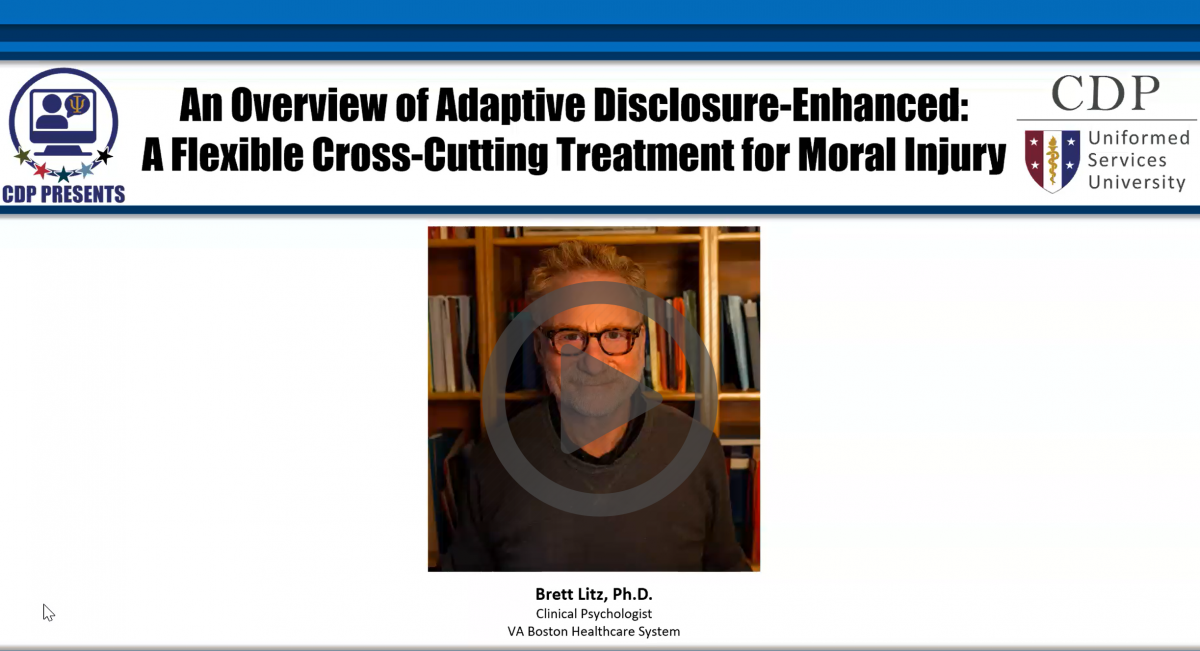Moral injury is a measurable potential clinical syndrome defined as significantly functionally impairing alterations in: (a) self- and other-perception (i.e., shifts in ideas about personal or collective humanity), (b) moral thinking (i.e., moralistic judgments of oneself and others [e.g., self-censure, condemnation]), (c) social behavior (i.e., social exclusion, social rejection; loss of valued, valuing, and kindred attachments), (d) moral emotions and moods (i.e., the self-conscious emotions of guilt and shame and the other-condemning emotions of anger and disgust), (e) self-harming or self-sabotaging, and (f) changes in beliefs about life meaning and purpose (e.g., emptiness, purposelessness, questioning faith and the meaning of life) indexed to a worst and most currently distressing experience that entails doing or failing to do (agentic) or directly experiencing or bearing witness to (nonagentic) acts that violate the social contract and transgress deeply held moral beliefs and expectations.
In this webinar, participants will gain a comprehensive understanding of Adaptive Disclosure-Enhanced (AD-E), which is an evidence-based, structured, cross-cutting, experiential psychotherapy designed to address chiefly target moral injury. AD-E builds upon the original Adaptive Disclosure framework by integrating letter-writing, mindfulness, and loving-kindness meditation. AD-E prioritizes functional recovery through daily reparative activities aimed at restoring faith in humanity or one’s own humanity and fostering valuing and valued social connections and kindred activities. By the end of this session, participants will understand the social-functional model of morality, moral behavior, and moral injury, understand the symptoms of moral injury and how to assess them, and gain a session-by-session understanding of how Adaptive Disclosure-Enhanced can serve as a versatile and compassionate treatment for moral injury. Potential benefits, as well as common challenges and considerations for practitioners using AD-E, will be reviewed.
Learning Objectives:
Attendees will be able to:
- Explain the social-functional model of moral injury and its implications for mental health and well-being.
- Differentiate key foundational principles of AD-E from other trauma-focused therapies

